
Surprise! You can’t believe everything you read on the internet!

Surprise! You can’t believe everything you read on the internet!

While it is an exciting time for the treatment of mantle cell lymphoma (MCL), challenges still remain, according to Andre Goy, M.D., MS.
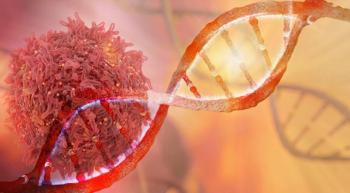
With the evolving landscape of maintenance therapies to treat patients with lymphoma following auto-HCT, a panel consensus recommended four grade A options for physicians to utilize.
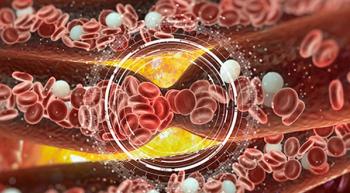
The oral blood thinner Xarelto (rivaroxaban) significantly reduced blood clots for high-risk patients with cancer being treated in the outpatient setting, according to results from the CASSINI trial.

The combination regimen demonstrated improved efficacy outcomes with a tolerable profile among patients with relapsed/refractory mantle cell lymphoma.

In patients with mantle cell lymphoma, the introduction of BTK inhibitors continues to shape the treatment landscape.
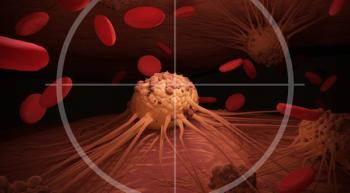
While some high-risk patients with mantle cell lymphoma may benefit from aggressive initial therapy, a recent study found that this may not be necessary for others who could benefit from more targeted therapies.

The Food and Drug Administration (FDA) has granted the investigational BTK inhibitor zanubrutinib (BGB-3111) a breakthrough therapy designation for the treatment of adult patients with mantle cell lymphoma (MCL) who have previously received at least one prior therapy, according to BeiGene, the company manufacturing the agent.

The investigational targeted drug zanubrutinib (BGB-3111) appeared to be highly active, inducing an overall response rate of 83.5 percent in patients with relapsed/refractory mantle cell lymphoma, who were treated in a single-arm, open-label, multicenter, phase 2 trial.
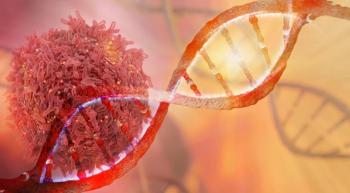
Measuring circulating tumor DNA in the blood of patients with advanced mantle cell lymphoma may be a viable way to predict how well they will respond to specific therapies.
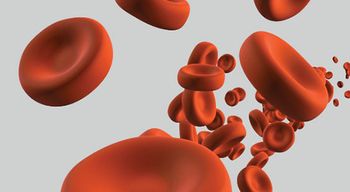
Treatment with Velcade (bortezomib) following induction chemotherapy and stem cell transplantation seemed safe and effective for untreated patients with mantle cell lymphoma, encouraging further evaluation for more active, less toxic targeted agents.

A recent study looked at a new combination to determine what would happen if untreated patients eligible for transplant were given alternating cycles of Rituxan plus bendamustine and Rituxan plus cytarabine as induction therapy. The study pooled findings from two clinical trials and real-world experience.

Lawrence D. Kaplan, M.D., discusses recent updates and next steps to be taken in Hodgkin, mantle cell and follicular lymphoma.
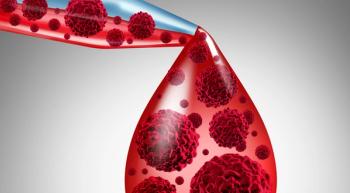
Entospletinib monotherapy yielded limited activity in patients with relapsed or refractory indolent non-Hodgkin lymphoma and mantle cell lymphoma.

Imbruvica (ibrutinib) is a safe treatment for patients with chronic lymphocytic leukemia/small lymphocytic lymphoma (CLL/SLL) and mantle cell lymphoma (MCL), according to a pooled analysis of four clinical trials.

The replacement of vincristine with Velcade (bortezomib) in the R-CHOP regimen for the treatment of transplantation-ineligible patients with newly diagnosed mantle cell lymphoma improved overall survival in a final analysis of the LYM-3002 trial.

A blood test may help to identify a subset of patients with mantle cell lymphoma and determine the management of outcomes of these individuals.

New drug regimens are not only personalizing the treatment of patients with mantle cell lymphoma, but they’re also improving outcomes, too, explained Chaitra S. Ujjani, M.D.
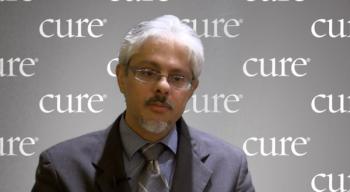
A certain group of patients may not be candidates for common therapies, explained Bijal D. Shah, M.D.

This infographic explains some of the basics on mantle cell lymphoma, a type of non-Hodgkin lymphoma.

One of the things I think about is the future. All cancer patients know we have two futures: One where things go well, and one where they don't.

Deferring treatment may actually be beneficial for some patients with mantle cell lymphoma (MCL), according to recent research.

While the treatment landscape of mantle cell lymphoma (MCL) has continued to evolve in recent years, researchers and clinicians alike are still at a loss for curative strategies. But immunotherapy may help.

Though it is still being tested in clinical trials, CAR-T cell therapy can offer hope for patients with mantle cell lymphoma whose disease relapsed.

A national survey demonstrated shared feelings across all blood cancer types about treatment options and their side effects, as well as other social, financial and emotional aspects.